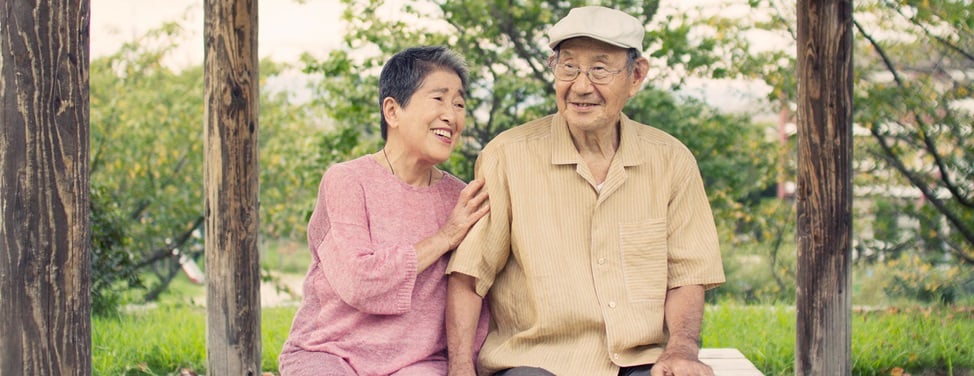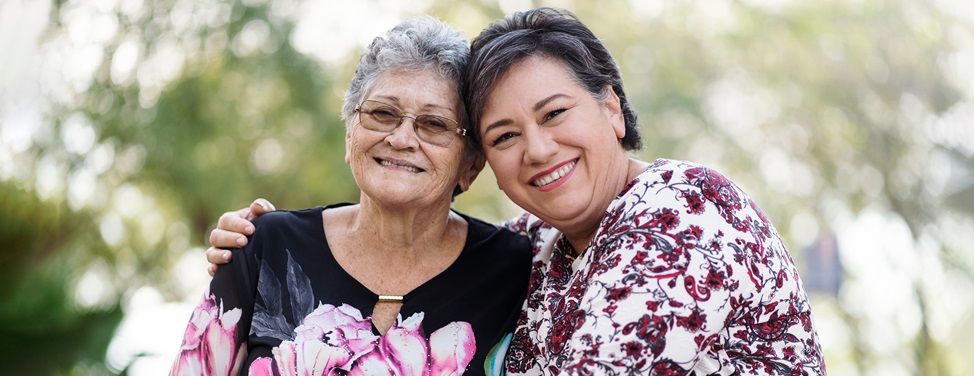
Stroke Care Center
According to the American Heart Association (AHA), each year approximately 795,000 people experience a new or recurrent stroke. On average, someone in the US has a stroke every 40 seconds, and stroke is the leading cause of disability in the United States. Stroke is a medical EMERGENCY and the first three hours are critical. If you or someone you know experiences any of the following listed symptoms, please call 9-1-1 IMMEDIATELY and ask to be taken to the closest Primary Stroke Center.
- Sudden onset of weakness or numbness of the face, arm, or leg (one-sided)
- Sudden onset of a severe headache that has no known cause
- Sudden onset of vision changes
- Sudden onset of difficulty saying or understanding words
- Sudden onset of confusion
- Sudden onset of weakness or changes in walking, balance, or coordination
Time is Brain
As a Certified Primary Stroke Center, UCSF Health Hyde Hospital uses the guidelines set forth by The Joint Commission to improve patient care and ultimately, patient outcomes related to stroke. The staff at Hyde is committed to providing the most up-to-date and evidence-based patient care. Because immediate care is crucial when diagnosing, treating, and managing a patient with a stroke, Hyde has established "Stroke Alert", which is a quick response activated in the hospital or emergency department (ED) that includes the teamwork of radiology technicians, laboratory technicians, ED or in-patient physicians, the on-call neurologist, and nursing staff.






